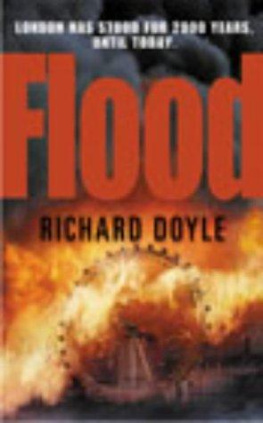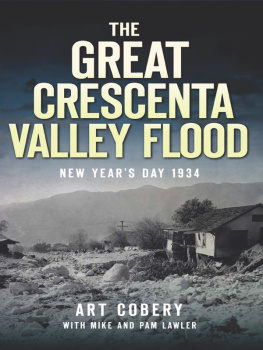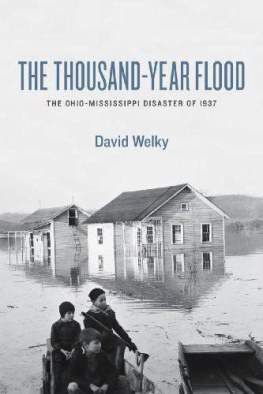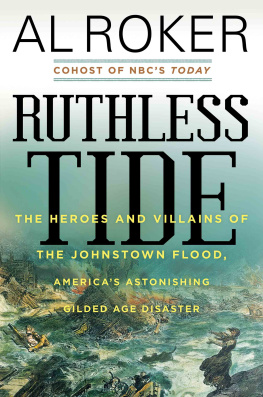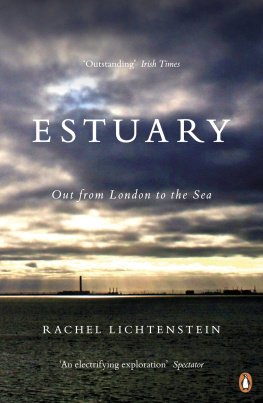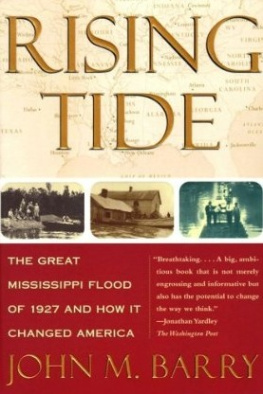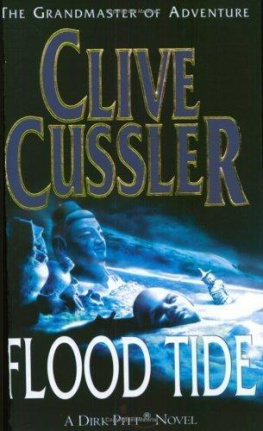Synopsis:
Flood is a devastating and compulsive thriller that reads like fact. The country has suffered floods on an unprecedented scale in recent years, but have we seen the worst, an inundation that threatens millions of lives? Doyle's vision is incontestable, backed up by over twenty-five years of research. Flood is the disaster novel of today. A storm rages over the north of Britain, a troop carrier founders in the Irish Sea, flood indicators go off the scale, the seas are mountainous and a spring tide is about to strike the East Coast. Air sea rescue and military personnel struggle to save lives all down the coast. The worse is yet to come. When the storm reaches the south the two forces of wind and tide will combine and send a huge one-in-a-thousand tidal surge up the Thames. But surely London is safe: the Thames Barrier will save the capital from disaster as it was intended to do? The river is a titanic presence by now, higher than anyone has known it, and the surge thunders towards the Barrier. Scientists begin to talk of the possibility of overtopping. Can fifty feet high gates be overwhelmed by a wave? Then there is an explosion the size of a small Hiroshima: a supertanker is ablaze in the estuary and most of the Essex petrochemical works are going up with it. The Thames catches fire and the wall of fire and water thunders towards Britain's capital. This is the story of what happens next, and the desperate attempts to save the capital from destruction.
About the Author:
Richard Doyle left school at fifteen. After graduating in law from Oxford University he worked briefly on the London Stock Exchange before turning to writing as a career. Following the successes of his early books, Richard led a peripatetic life in America and the West Indies. He is now based on a farm in Devonshire with his wife and twelve-year-old son.
FLOOD
Richard Doyle
Version 1.0
Copyright Richard Doyle 2002
ISBN 0 0994 2969 1
For Desmond with affection
24 December
After the tides recede, one of the boat parties searching the estuary chances across a taped plastic box. When they open it up they find a newborn baby inside. This is at Gravesend. The storm has finally blown itself out after thirty-six hours and the immensity of the disaster is still sinking home. The channel is choked with wreckage brought down on the ebb: timber, plastic sheeting, steel drums, sections of roofing, half-submerged hulks of lighters and burned barges, mobile homes washed out from Canvey Island, anything that can float. Fuel oil, pumped out from scores of storage tanks up and down the estuary, coats the banks and fills the air with a diesel stench. Victims of the flood are also coming downstream and the boat parties' task is to recover the bodies.
All day, crews have been hauling the dead from the water till they grow numb with the horror of it. Till they are sickened of bloated abdomens and waxen faces; of young and old, men and women and children heaving slackly on the swell. However many they take out, still always more come in a ceaseless flow of misery, as if all the cemeteries of London are giving up their dead at once.
The box bumps alongside one of the boats in mid-stream. It is wrapped in a plastic bin bag for protection and tied with wire, and a man grabs it from the current thinking it might contain valuables. Besides, anything is better than another corpse.
The child inside is only days old. By any standard, its survival is a miracle. Even in normal conditions the box should have gone under within moments of being set adrift, and last night wind strength over the southeast exceeded eighty knots. Seven-metre breakers hammered the Thames bridges. Somehow the box stayed afloat and the plastic covering kept out the oil and other pollutants. The child is dehydrated, weak from hunger and cold, but it is alive.
They get it aboard and into the warmth. Someone finds a blanket and they call up the emergency frequency because no one knows how to treat a kid this young. Tied to one wrist is a wedding ring. Nothing else, no name or message. The man who had made the rescue sits on the deck, his hands trembling. Why, he wonders, has fate chosen him to save a life?
What thoughts ran through the mother's mind as she consigned her child to the waters? Was the father there as she pulled off her wedding ring, the only gift she had left to bestow? Death must have been close then. They must have known there was no escape for them. The child was all they had left. A son who would never remember their tears or the name they cried as they cast him adrift. Parents who could never guess that their prayers would be answered, at least in part. That of all those who died that night, this one should be spared.
The storm had its origins ten days before over the Great Lakes of North America. A fluctuation of the upper-atmosphere jet stream sent a surge of freezing air spilling down off the Canadian Shield. Where its leading edge encountered a warm front of sub-tropical air, eddies formed. One such eddy of warm air became detached from the rest of the front and began to rotate. More air was sucked in towards the centre, increasing the rate of spin. A trough of low pressure developed and a storm was born.
Propelled eastwards by the earth's rotation, the depression moved across into Maine and New Brunswick. Already it was generating wind speeds of fifty knots, enough to send boats off the Banks running for cover. Out in the open ocean the rate of spin increased to a point that air was spewing out the top of the vortex faster than it could be replaced at sea-level. Pressure within the system was down to 980 and dropping by a millibar an hour.
With the unpredictability of its kind, the storm changed course, swinging south to vent its spite on Portland and Cape Ann. North of Boston it dumped forty-four inches of snow on Highway 113, marooning a thousand vehicles for three days. It stripped the beaches of Marblehead and killed six people before veering back out to sea.
Now it is travelling east across the Atlantic towards the British Isles at a steady forty knots, tracked by the radars of six nations.
Thursday December 18. Seven-fifteen pm at Stranraer on Scotland's bleak west coast. Snow flurries sweep across the blackness of Loch Ryan like white smoke, rattling against the steel sides of a Royal Navy transport landing ship, the 6000-tonne RFA Sir Gareth. A line of paratroopers files slowly up the gangway, heads ducked against the weather. On the dock, trucks and Land Rovers prepare to board through the vessel's gaping stern door.
Inside the cavernous hold, vehicles are backing and filling, manoeuvring into position. Men's shouts echo with the crash of iron blocks and rattle of chains as vehicles are secured into position. The soldiers dismount and pick their way among bolt heads and fixing rings, skirting pools of water to the stairwells. There is a noise of machinery and the massive hull doors slowly wind shut, closing with a clang that resounds through the hold.
Four decks up, on the bridge, Captain Ferguson is talking over the phone to the Harbour Master. He is concerned about the weather for the 36-mile crossing. Conditions in the Irish Sea are currently given by the Meteorological Office as very rough, winds Gale Force 8, with a forecast increase to Force 9 before midnight, indicating winds of forty to fifty knots and twenty-foot seas. The Barra Island lifeboat is out searching for a trawler adrift without power off Eriskay. Ferguson is not impressed. According to the latest Navtex report, the storm track is northeast, bearing away from the ship route. Journey time is only just over two hours, a good part of that in sheltered waters. He has made the trip before many times and is accustomed to crossing in all weathers. He is confident of being able to handle anything short of a full hurricane. He will sail. The Harbour Master does not try to dissuade him. The decision is Ferguson's. He is the captain; the ship, its crew and passengers, his responsibility.

